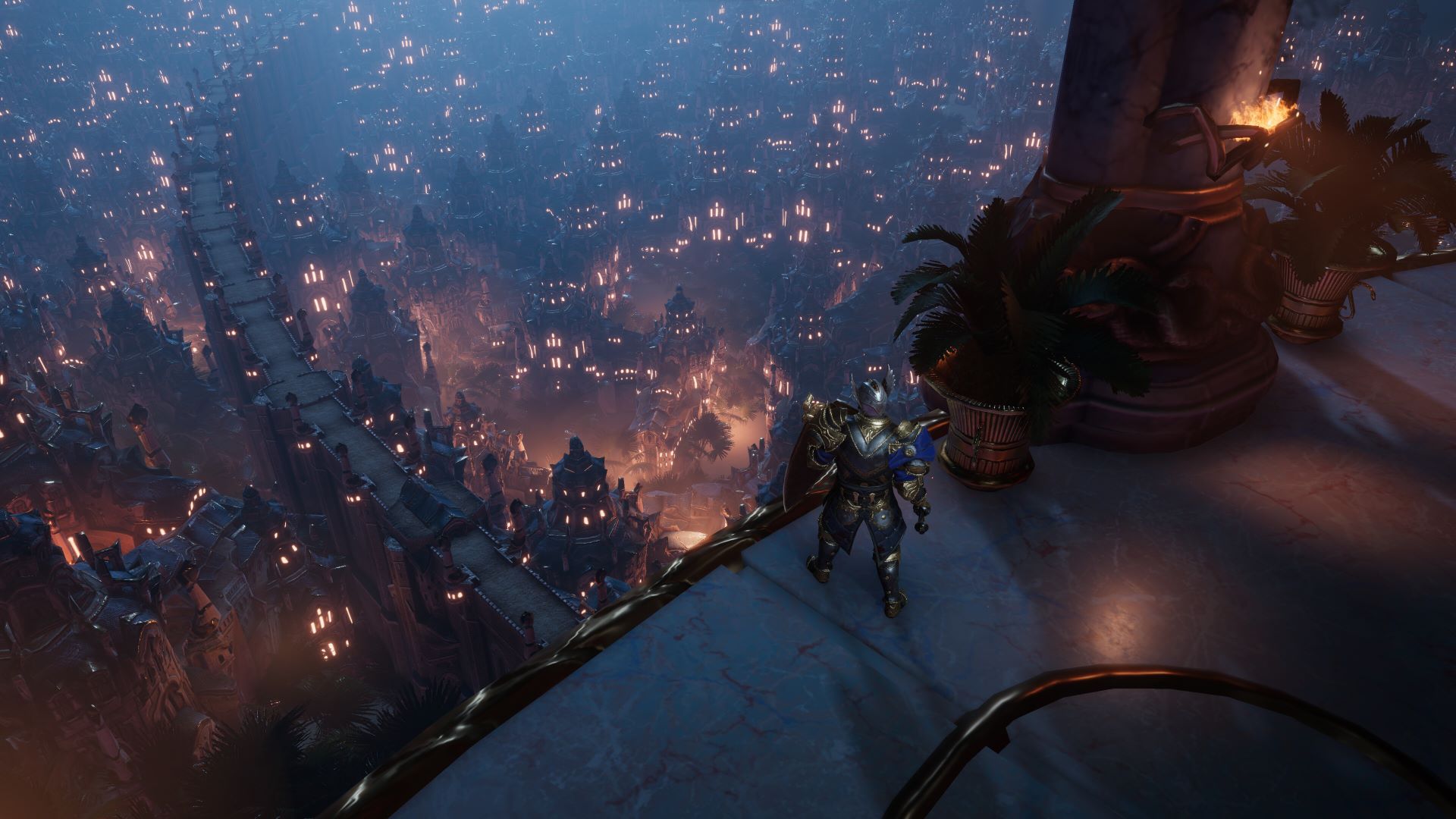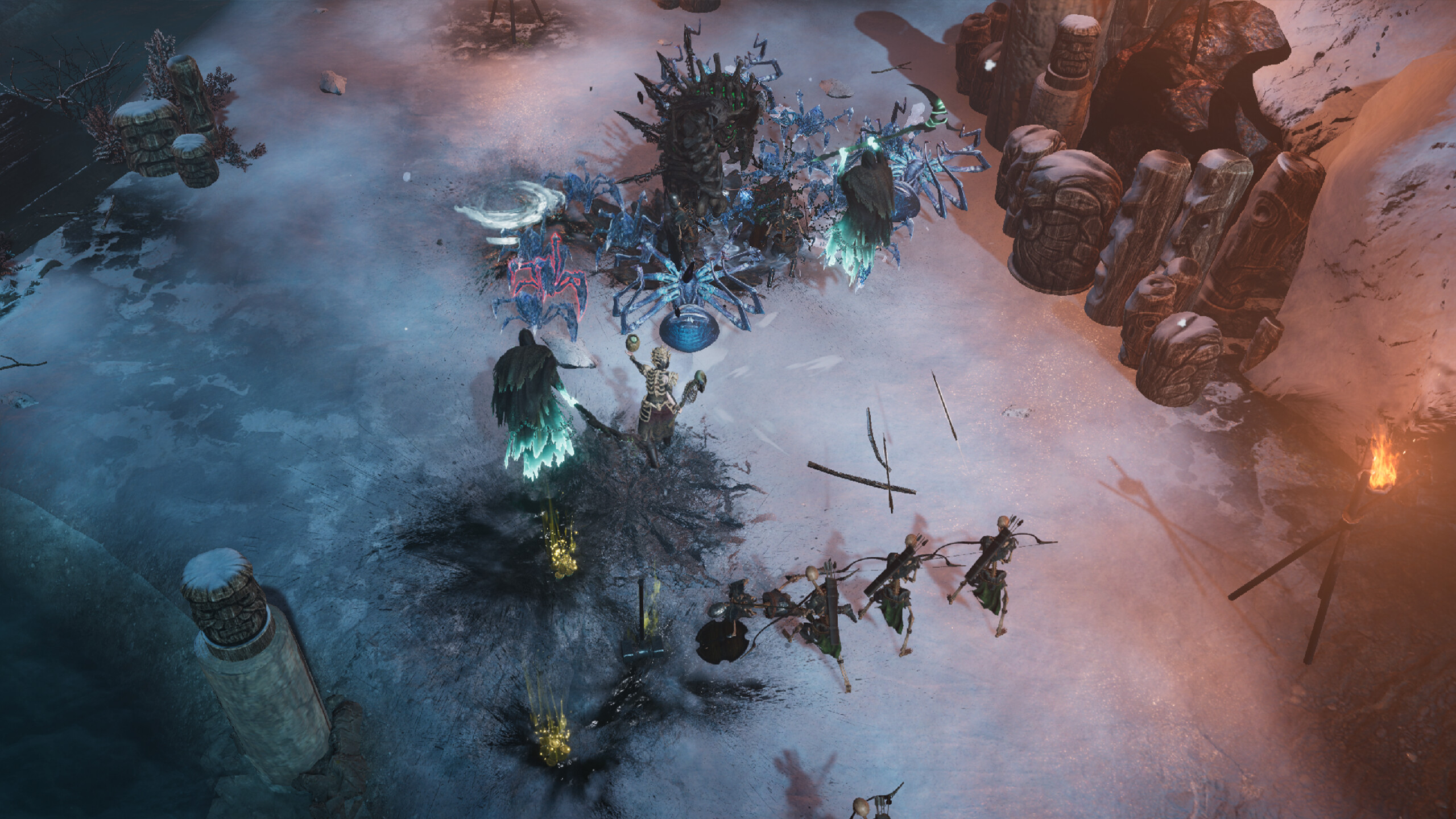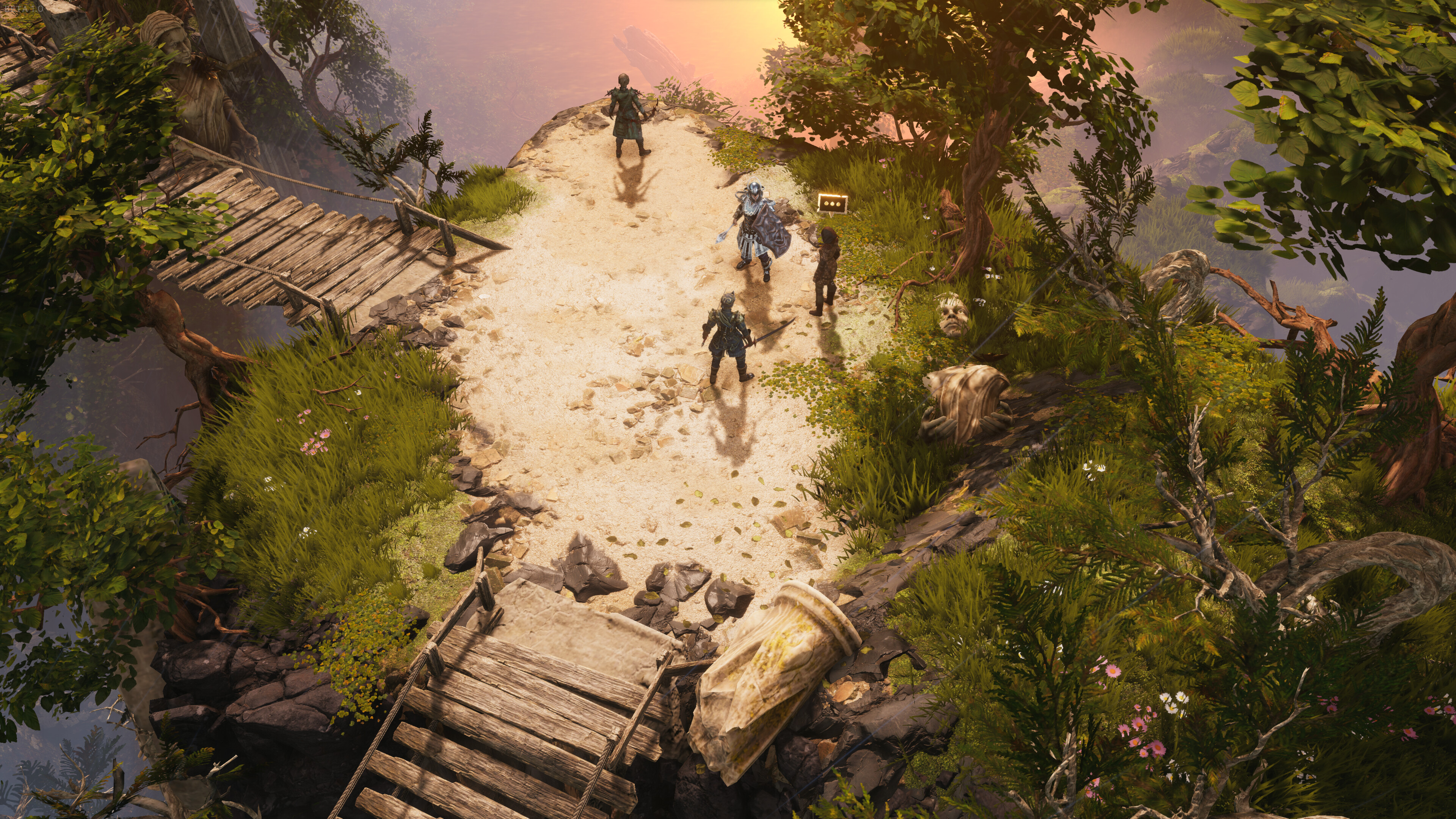Last Epoch proves Diablo's action RPG foundations are a sure-fire winning formula
Opinion | The ARPG genre is absolutely flying, and that's no bad thing

When Diablo released in January 1997 it redefined the ARPG, becoming one of the most notable titles within the genre. Blizzard Entertainment would go on to improve upon the Gothic horror title with Diablo 2, which built upon already solid foundations, to become one of the most beloved games if not the most influential ARPG of all time. Since its release, Diablo has gone on to inspire the likes of Path of Exile and most recently, Last Epoch. Announced in 2018, the game was successfully Kickstarted, with a beta made available in 2019.
On February 9, 2024 Developer Eleventh Hour Games announced that Last Epoch had sold a total of one million copies ahead of its February 21, 2024 launch. It comes as no surprise, as with the release of Diablo 4 and the continued success of Path of Exile, that the ARPG is alive and well. But is it fair to say Last Epoch has succeeded because of Diablo 4, due to Blizzard Entertainment’s monetization model?
Put to the sword


A wave of popular variety streamers have taken to playing Last Epoch recently, which may or may not reflect the fact that Diablo 4 is currently in the middle of its Season 3 with update patches rolling out nips and tucks that are pretty light on the ground. What the wider attention probably does reflect is the fact that the general audience craves something Diablo-like that isn’t Diablo. Path of Exile succeeded because of its own unique mechanics while also giving players the dreary aesthetic they were left wanting after the release of Diablo 3. While Last Epoch does have a fair bit of color to it, with each of the locals in the game featuring a distinct palette that lends itself well to the style of the game, it still more or less emulates the highly acclaimed and deeply beloved Diablo 2.
Last Epoch, on the other hand, effectively provides a bridge between the two franchises. It has the depth and build variety that Path of Exile has without being too overwhelming, but still has the core system of Diablo in place. The game feels as though it was made for players who are in the middle of the casual and hardcore experience, and also offers built-in support for various challenge modes such as the 'Ironman' challenge that has become popular over the past few years, and a ladder system that Diablo 4 still lacks.
Last Epoch also boasts an offline mode which sets it apart from many ARPG giants, which I personally find to be one of its best features. This lends itself to Last Epoch feeling more like a classic action role-player, or even a game of decades past, and less like a live service game which Diablo has more or less become with its heavy monetization and constant need for online connectivity as it has pivoted into something of an MMO-lite.
But with the success of Last Epoch, and the continued interest in Path of Exile, the ARPG genre has swung back into some measure of popularity. Sure, Diablo 4 is Blizzard Entertainment’s fastest selling game of all time, but player retention has continued to remain relatively low by comparison. It feels like the genre is ripe to grow and evolve, even if the foundation and core mechanics are largely the same. And I hope with how receptive the general audience has been to Last Epoch signals exciting times ahead for the genre.
Love yourself some high-stakes action RPG-ing? Check out the best games like Diablo
Sign up to the GamesRadar+ Newsletter
Weekly digests, tales from the communities you love, and more

Kazuma Hashimoto is a freelance writer at GamesRadar+ that has worked within various pockets of the industry for upwards of six years. Nominated for New York Videogame Critics Circle’s Games Journalism Award in 2019, he strives to provide both thoughtful and critical pieces that take a deeper look into how games are made and the culture surrounding them. When he isn't writing, reviewing, or hosting interviews, he can be found on his Twitch channel (as a VTuber!) streaming a variety of games ranging from MMORPGs to Farming Sims. His other work can be found on websites like Polygon, IGN, and MMORPG.com.


